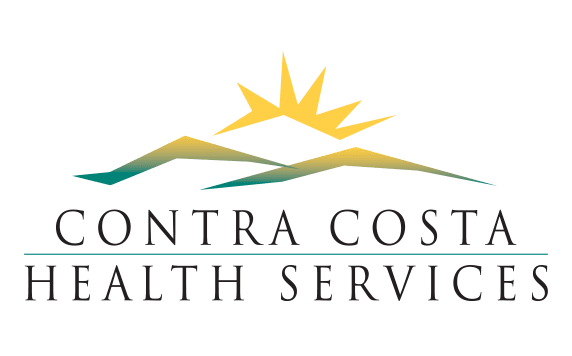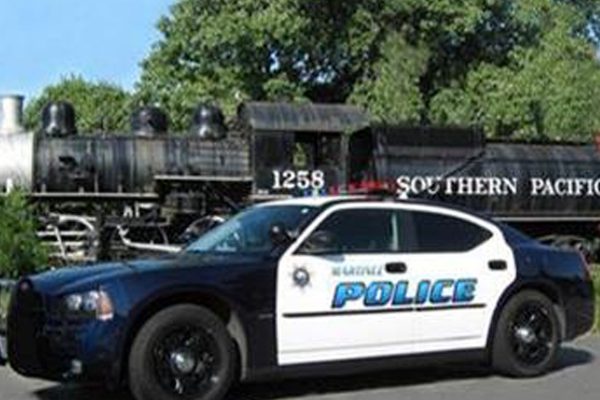Bay Area Health Officers Issue Updated Stay-at-Home Order with New Restrictions to Last Through May 3
More time and additional restrictions needed to slow the spread and reduce future impact on local hospitals from COVID-19
Specific listing of essential and non-essential jobs, travel and activities
Health officers in seven Bay Area jurisdictions are extending a previous stay-at- home order through May 3, 2020 in order to preserve critical hospital capacity across the region.
The previous three-week order was set to expire on April 7. While the prior order has been effective in reducing the rate of transmission of the novel coronavirus (COVID-19), it is not enough. There has been a significant increase in the number of positive cases, hospitalization and deaths from COVID-19, which is beginning to strain healthcare resources.
The health officers have determined that more and stricter social distancing is needed to slow the rate of spread, prevent deaths, and stop the health care system from becoming overwhelmed.
“Extending the stay-at-home order should reduce the number of sick patients seeking care at one time, giving us time to acquire more medical supplies for providers who will be providing care to people sick with COVID-19. The extension will allow doctors and nurses to better treat those who do get sick, and save countless lives,” said Dr. Chris Farnitano, health officer for Contra Costa County.
The new stay-at-home order will supersede the previous order and go into effect at 11:59 p.m. on Tuesday, March 31. It is a complement to the indefinite statewide stay-at-home order issued by Gov. Gavin Newsom earlier this month.
Like the previous local order, the new order requires people to stay at home except for doing essential activities, such as grocery shopping, in six counties: Alameda, Contra Costa, Marin, San Francisco, San Mateo, and Santa Clara, as well as the city of Berkeley. Non-essential businesses will remain closed.
The new order adds some clarifying language around essential business and activities, as well as some new directives, including:
- Use of playgrounds, dog parks, public picnic areas, and similar recreational areas is prohibited. These areas must be closed to public use.
- Use of shared public recreational facilities such as golf courses, tennis and basketball courts, pools, and rock walls is prohibited. These facilities must be closed for recreational use.
- Sports requiring people to share a ball or other equipment must be limited to people in the same household
- Requires essential businesses to develop a social distancing protocol before April 3
- Most construction—residential and commercial—is prohibited
- Funerals limited to no more than 10 people attending
- Essential businesses expanded to include service providers that enable residential transactions (notaries, title companies, Realtors, etc.); funeral homes and cemeteries; moving companies, rental car companies and rideshare services that specifically enable essential activities
- Essential businesses that continue to operate facilities must scale down operations to their essential component only
Social distancing is the most powerful tool to slow the spread of COVID-19, a virus so new that it has no approved medicines or vaccines.
“What we need now, for the health of all our communities, is for people to stay home,” said Dr. Grant Colfax, director of the San Francisco Department of Public Health. “Even though it has been difficult, the Bay Area has really stepped up to the challenge so far, and we need to reaffirm our commitment. We need more time to flatten the curve, to prepare our hospitals for a surge, and to do everything we can to minimize the harm that the virus causes to our communities.”
For more information about COVID-19 activities in these areas, Alameda, Contra Costa, Marin, Santa Clara, San Francisco, San Mateo, or Berkeley COVID-19 websites.





